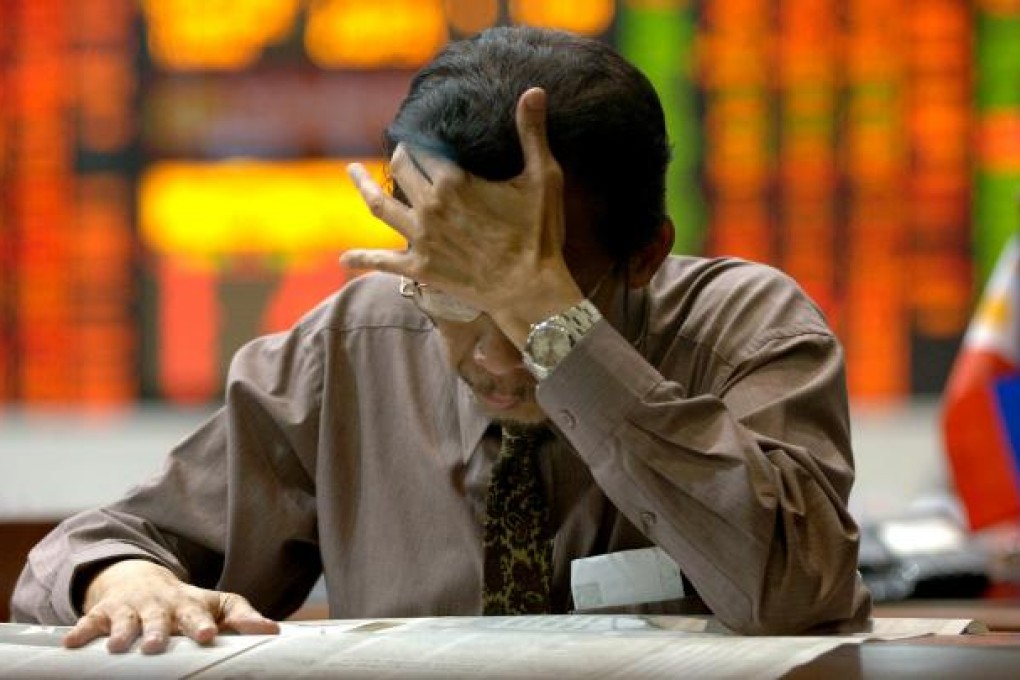
Hong Kong's IPO drought continues. According to data from Thomson Reuters, the year to date has seen a respectable 42 new listings on the local bourse, but these offers combined raised only US$5.5 billion.
Compare that to the IPO by Japan Airlines on the Tokyo exchange, which generated US$8.5 billion alone, or the US$3.6 billion New York listing of Banco Santander's Mexican unit, both of which priced in September. This year the Hong Kong exchange will probably not be claiming its usual top global ranking for new listings.
The volume of IPOs in Hong Kong so far this year puts it on track for its worst performance since 2003, a disastrous year for the local market due to the outbreak of Sars.
Bankers and brokers have not been idle, however. In the first nine months of the year they priced 172 follow-on transactions (which are block trades or equity placements sold to institutional investors) in the Hong Kong market alone, raising a healthy US$27.7 billion. But these deals do not involve public investors. They tend to happen overnight at a discount to the prevailing share price. They are effectively invisible to and irrelevant for individuals, and do little to make up for the absence of a frothy, high volume IPO market.
Indeed, new listings make up only 16 per cent of total equity capital markets sales in Hong Kong in the year to date - a 12-year low. (See chart 1).
